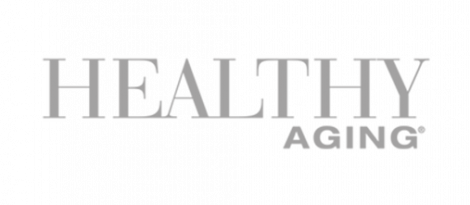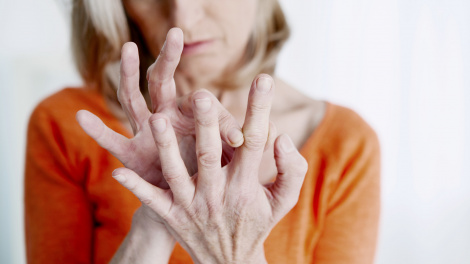Here's how music affects your body


How does music impact your health?
Music’s profound impact on our physiology comes down to the release of many chemicals in our brains – opioids, cortisol, endorphins and dopamine, to name a few. These all affect your body and your mood. In fact, studies suggest it can even affect blood pressure, heart rate and also improves creativity, motor skills and reasoning.
The study of music goes as far back – and further than – Pythagoras. While we might commonly know him for maths and geometry, he is also considered the Father of Music in many ways. It’s a complicated theory, but all you need to know, and it’s interesting to know that we use many of his concepts and theories still today using the mathematics that he discovered almost 2,500 years ago. He believed that a person could be healed with harmonic frequencies, but also that the planets and ‘heavenly bodies’ produced their own music through vibrations that humans just can’t hear.
What’s the take-away? Music, or sound, has been used throughout the centuries for rituals, celebration, therapy – the list goes on.
Why does your workout playlist matter?
Science explains that the more we enjoy the exercise or movement we are doing, the more likely we are to reap the benefits. Music makes exercise easier, more enjoyable, and you’ll likely do more than you would have in silence.
Pace, rhythm, and motivation are things music makes a whole lot easier. In the past, music was used to help synchronize and motivate groups of people through physical tasks like carrying massive loads, or through times of struggle – think about miners or field workers, war cries, soldiers in trenches. The music was lyrically and rhythmically appropriate to facilitate the task. The same theory applies to your workout.

The music you choose to move to is often what keeps you in the mood and enjoying what you do. Imagine going to a quiet gym, trying to push through a workout – you’re probably not going to do it. Some elements of music are designed to help you push through.
Check out our playlist on Spotify of Songs to Get You Dancing. It’s got all our favourite throwbacks and current tunes that get us in the groove.
There’s another way to make the impact of the music even more effective and it has to do with frequencies or hertz (hz). That’s where TheOptimal.me takes our promise to make you feel great even further.
START YOUR FREE TRIAL to workout out to our feel-good, make you move music and routines (IMRs)
This is interesting – just keep reading
If you’re not a musician, this is probably not very exciting, but the tuning standard of instruments may have a profound effect on the body.
Sound is basically the energy or frequency produced when things vibrate – Frequencies are the number of cycles – or sound waves generated per second. Every sound has a different frequency, resulting in a higher or lower pitch – and Herz (hz) is the unit of measurement used for frequency, but read on to see why this is important).
Everything, including our bodies, is constantly vibrating. So naturally, when the different vibrations cross paths, there is some kind of interaction and resulting impact. Think about when someone is drilling or building next door versus sitting in concert. Different frequency, different bodily reactions.
Most modern music is tuned to 440hz, or concert pitch. A widely held view is that 432hz is more in harmony with the laws of nature and mathematically in keeping with the laws of the universe. A little complex and a little out there? Yes, but it’s still an interesting debate. Many believe that 432hz has a more calming effect on listeners, despite the fact that it may be barely noticeable change to untrained ears.
Aligning with current supporting evidence TheOptimal.me’s music has been specially recorded at 432hz to make sure you really reap the benefits from each Integrated Movement Routine (IMRs).
See if you can tell the difference between 432hz and 440hz here:
Music to your ears
So the next time you listen to your favourite songs or you’re lying in the dark at a spa, or the music in a store is annoying you, become aware the impact it has on your body. Check your heart rate, notice the change in your mood… The next time you try an IMR, let us know how you feel about the music and whether it made the workout easier to get through or more enjoyable!
Just browsing? See our most popular articles



Start today! Join TheOptimal.me
Our guided 21-day course, First Steps to Physical Freedom, will introduce you to IMRs and help you make movement a habit.
- Unlimited access to Integrated Movement Routines (IMRs)
- Tips and advice from our experts
Full access free for 30 days.



